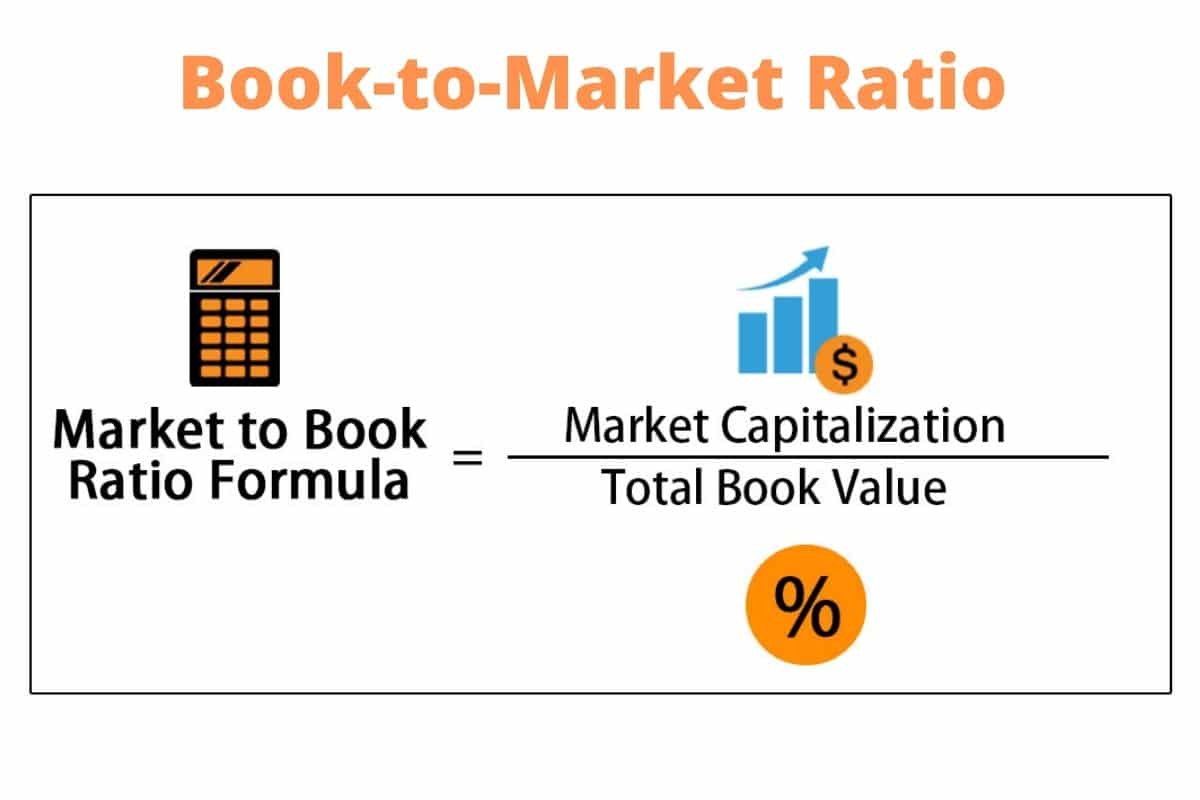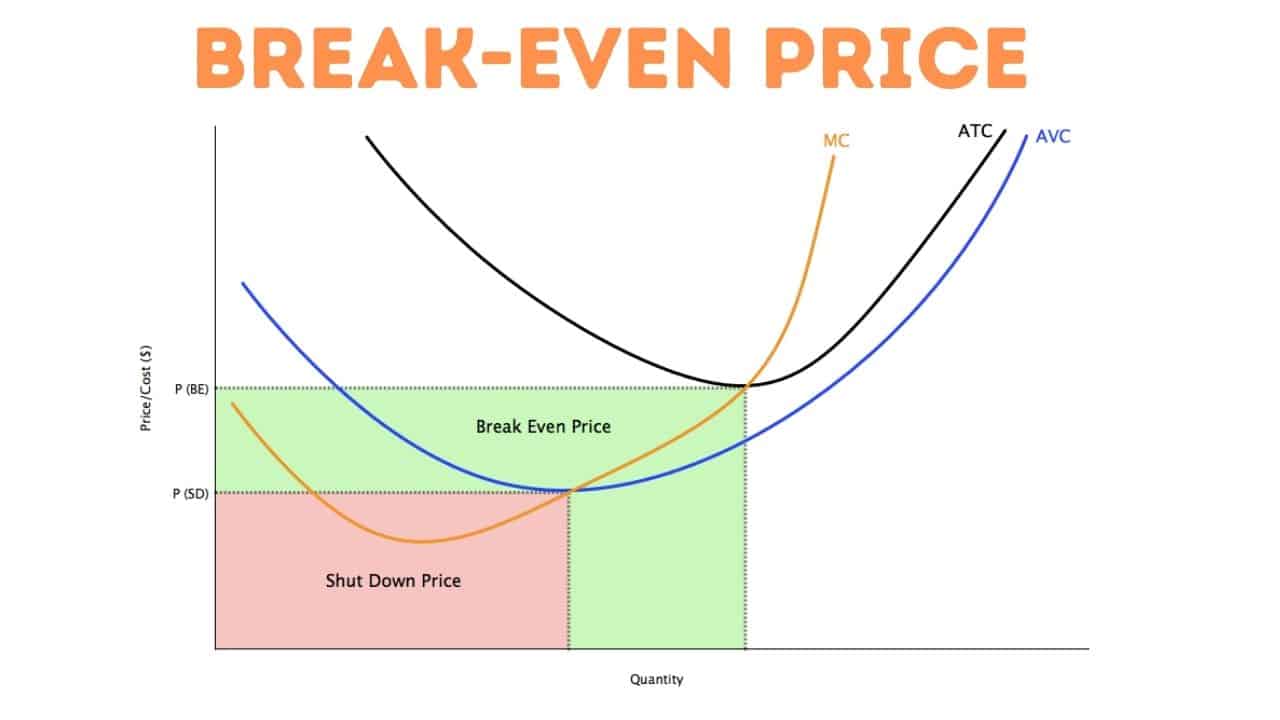During a significant fire, one tactic frequently used for fighting the fire is, quite surprisingly, to do nothing at all. Why and how does this work? First, we need to understand that all fires need fuel to continue to burn. So, experienced firefighters will evaluate the surroundings and the conditions that the fire is present in. If they discover very soon that the fire will have consumed all its resources for burning, they may choose to let it burn itself out. You can understand how this would be favorable, especially if another approach would risk firefighters’ lives.
Why are we talking about fighting fires? We want to understand, especially as business owners, one fundamental principle. Doing nothing leads to burning out. What do we mean? You could have the best idea or business, but by not fueling it correctly, you could be contributing to its failure. One area where this is perhaps most relevant is in a business’s chosen market. For a business to have sustained growth, it needs a customer base that can and will continue to grow.
What Are the Benefits of Entering the Foreign Market
Perhaps when you started your business, you became incredibly successful in your local area. To continue to grow, you will need to expand, perhaps into a neighboring town or city. This is a natural progression and a decision you perhaps had little difficulty making. Let’s not be naive: entering a foreign market is a big step, whether your business is small or large enough to generate seven-figure revenue. However, if done correctly, it has the potential for huge rewards, unlocking new revenue opportunities, and even helping you to thrive in your home market.
Basic Strategies for Entering the Foreign Market
Let’s examine briefly some common strategies for reaching global markets.
#1. Partnerships and Joint Ventures:
A partnership is a working relationship between one or more “persons.” Where “persons” could mean an individual, a business, or other parties, a joint venture, while similar, is a more cohesive method where investments come from both companies, and they both agree to pursue the same goal or goals.
This strategy becomes even more valuable when your products or services need to be changed to fit a new market. You can increase your chances of success by ten times by teaming up with a local business that has the experience and knows what it takes and what challenges it faces to be successful in that market.
A warning, though: when establishing a partnership, especially a joint venture, you must choose your partner wisely. Do your research and due diligence before signing an agreement, and ensure that any agreement is produced carefully to avoid any future disagreements.
#2. Franchising:
One of the most widely used methods in the hospitality and catering industries is franchising. This is where a third party pays for the right to operate their entire business under your established brand. This often includes the financial arrangement to pay an initial fixed sum followed by a revenue cut.
This is an excellent way to get your brand into another market with relatively little financial risk and potentially large rewards. However, you’ll need to be able to show potential franchisees that using your brand will give them an edge over their competition. You’ll also want to ensure that franchisees continue to support the same values your brand promotes, remembering that what they do will reflect your overall company.
#3. E-Commerce
The easiest and perhaps requiring the lowest investment, thereby having limited risk, is selling online. You’ll need an appropriate payment processor and a way of distributing goods and services to your new clients. You might need to localize your website so customers can view it in their native language.
#4. Direct Exporting and Licensing:
If you think that more foreign market knowledge will be needed to sell overseas, you might consider direct exporting or licensing.
With direct exporting, your business liaises with a distributor who is well established in their home market. They will have contacts, lists of potential resellers, and an understanding of who can sell your product best. This can mean product sales can take off quickly in your new market.
You’ll probably only need to work with the distributor, and they, in turn, will deal with the resellers. However, some businesses choose instead to deal directly with resellers. Although this can save money, it does come with the extra workload of managing the relationships with these resellers. If you are to succeed in your new market, you will need to be known by your potential customers. You cannot rely solely on the reputation you carry in your home market. In order to build this new presence, you’ll need to invest in different forms of localized marketing.
Licensing is similar because you are passing on the general operations to local specialists in your target market. However, with licensing, instead of the customer being the end consumer, they are the licensee. A license agreement will usually allow the licensee to manufacture, promote, and sell your product in the region where they reside.
Why You Need to Act Now
A trained firefighter looks ahead to create an effective firefighting strategy. Similarly, you need to act now and look ahead to plan your strategy. Although, at the moment, you may feel you have enough “fuel” to keep your business burning, now may be the time to begin taking steps to enter new markets.
You may be able to capitalize on the growth your currently experiencing to propel you into your target market. Don’t make the mistake of feeling that you never need to expand; you don’t want to burn out when your consumer base becomes all used up. So be an effective firefighter and evaluate your business for expansion into a foreign market now!






